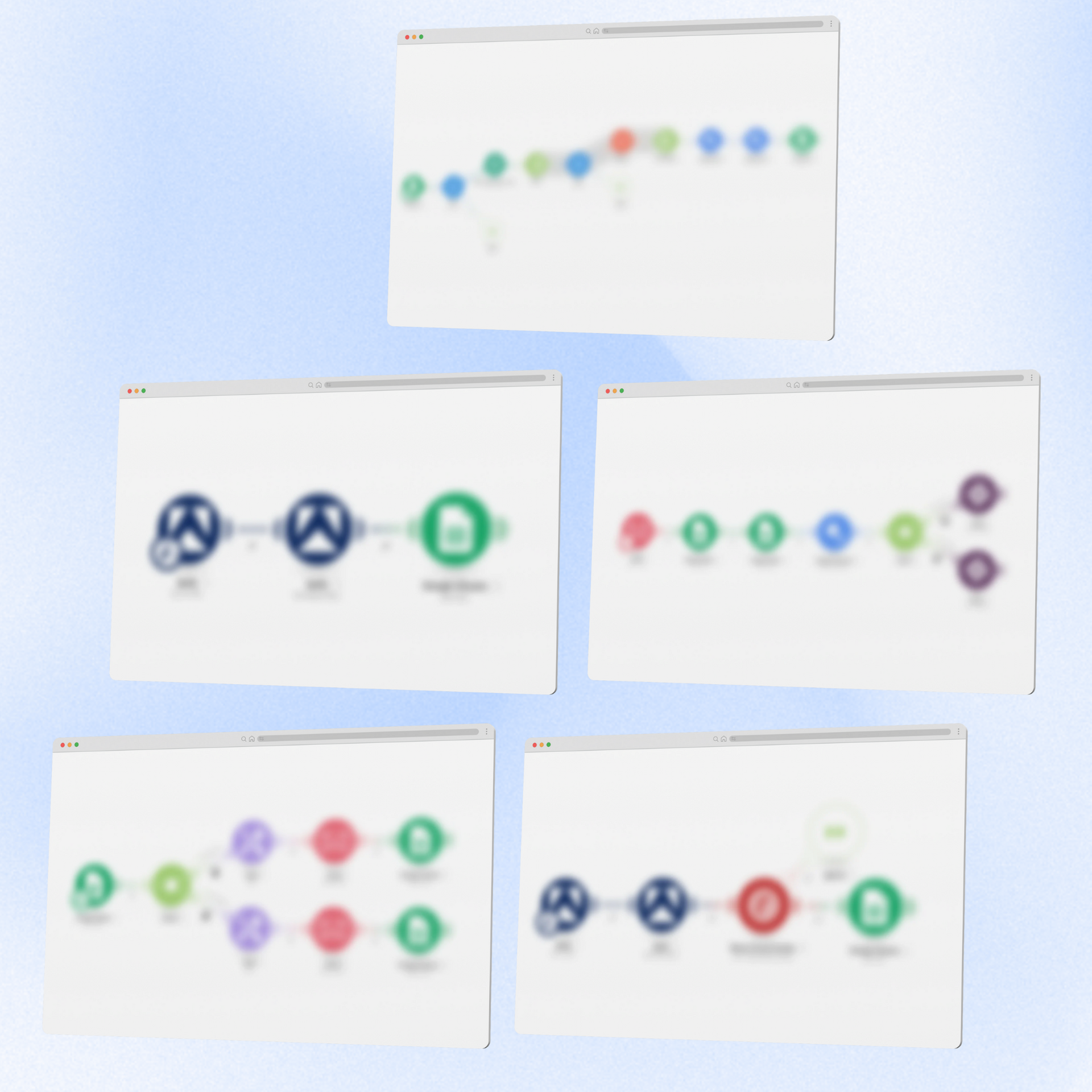Use AI as Your Personal Assistant
Ready to save precious time and let AI do the heavy lifting?
Save time and simplify your unique workflow with HubSpot’s highly anticipated AI Playbook—your guide to smarter processes and effortless productivity.
Good morning! It is December 9, 2024, today. We have an exciting lineup of AI news, from DeepMind's advanced weather forecasting model to the imminent release of iOS 18.2 and X's new AI image generator. Let's dive into the latest updates!

1. GenCast: Google DeepMind’s AI Model Outperforms Traditional Weather Forecasting
Google DeepMind's AI model, GenCast, has shown it can outperform traditional weather forecasting systems like ECMWF's ENS, predicting weather with high accuracy and efficiency. GenCast, trained on historical weather data, excels in tasks like predicting tropical cyclone paths and extreme weather, offering up to 12 hours of additional warning time. While it tested against an older version of ENS, GenCast demonstrated faster and more energy-efficient forecasting. The AI model operates at 0.25-degree resolution and takes just eight minutes to produce a 15-day forecast, compared to hours for traditional models. Although traditional physics-based methods remain essential, GenCast marks a milestone in integrating AI into meteorology.

2. Apple’s iOS 18.2 Brings Major Features, Including ChatGPT Integration
Apple’s highly anticipated iOS 18.2 update, expected to launch on December 10 or 11, introduces significant features like ChatGPT integration, expanded Apple Intelligence to new countries, and tools such as Visual Intelligence for contextual camera insights, Image Playground for AI-generated images, and Genmoji for personalized emoji. Additional updates include enhanced writing tools, a Hearing Test for AirPods Pro 2, and upgrades to Mail and Voice Memos, making it one of Apple’s most transformative software releases.

3. X Rolls Out Aurora: An AI Image Generator with Few Limits
X has launched Aurora, a new AI image generator available under the Grok AI tab in its app, capable of creating highly realistic images from text prompts. Unlike most AI generators, Aurora lacks strict guardrails, allowing users to generate images of real people, though it avoids explicit content. The origin and training data of Aurora remain unclear, sparking speculation that it might utilize user data, similar to the Grok chatbot.

4. Baidu and Xuexi Launch Tool to Align Documents with Xi Jinping’s Ideals
Chinese tech giant Baidu and the Xuexi app have developed a tool for government bureaucrats to ensure documents adhere to Xi Jinping's ideologies. The tool verifies references to Xi's thoughts using fact-checked sources and generates documents quoting official statistics and policies. Xuexi, known for promoting Xi's philosophies, expands its role with this politically aligned AI feature, underscoring technology’s integration into Chinese governance.

5. Meta Unveils Llama 3.3: A Cost-Efficient AI Model Outperforming Rivals
Meta Platforms has launched Llama 3.3 70B, a cutting-edge AI model that rivals Google’s Gemini 1.5 Pro, OpenAI’s GPT-4o, and Amazon’s Nova Pro in benchmarks like MMLU. Despite its smaller size, the model delivers the performance of Meta's 405B Llama 3.1 at a reduced cost, thanks to advanced post-training techniques. Meta CEO Mark Zuckerberg revealed that Llama-powered Meta AI now boasts nearly 600 million monthly users, supported by a $10 billion AI data center under construction in Louisiana. This innovation aligns with Meta's broader AI expansion, including plans for a search engine and nuclear energy projects to fuel its AI initiatives.

Credit: Reuters
6. U.S. Approves AI Chip Exports to Microsoft’s UAE Facility Amid Security Scrutiny
The U.S. has approved the export of advanced AI chips to a Microsoft facility in the UAE, part of its $1.5 billion partnership with Emirati AI firm G42. The deal faced scrutiny over G42's potential ties to China, leading to strict restrictions on access for personnel linked to embargoed nations. Microsoft will use the chips to support G42’s AI applications while adhering to U.S. security measures.
How would you rate today's newsletter?
Stay tuned for more updates, and have a fantastic day!
Best,
Zephyr






